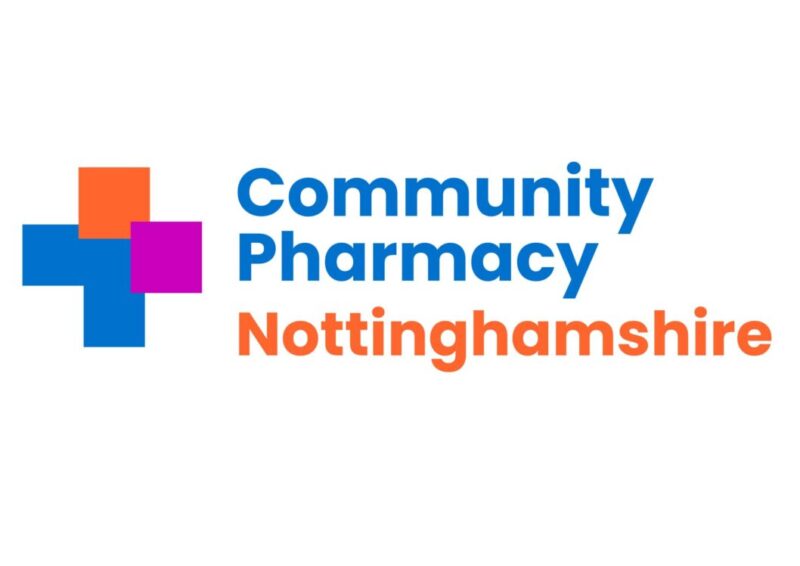Discharge Medicine Service
Discharge Medicines Service – will be directed to the CPE website
All community pharmacists are reminded that this Essential service is not optional and is to be provided by every pharmacy and pharmacist in England including Distance Selling Pharmacies.
Contractors need to ensure that the pharmacists and technicians –
- Read the section on DMS within the NHSE&I guidance on the regulations; and
- Read the DMS toolkit.
Additionally, it is recommended that they also complete the CPPE NHS Discharge Medicines Service eLearning and assessment.
For information to provide to the GP surgeries and PCN’s
DMS Communications to PCNs & General Practice– by Rachael Rees, Head of PCN Development, Nottinghamshire ICS
DMS-briefing-for-GPs-and-PCNs-v1– PSNC info
There are 3 stages of consultation –
1) checking the referral for any clinical actions needed, compare medicines on the discharge sheet to those on the PMR, if there are changes liaise with the gp practice and also check that you haven’t got prescriptions waiting on the system or already dispensed waiting for collection.
2)When the first post-discharge prescription comes in then check this is the same as on the discharge summary and if not contact and resolve with the practice. Input details into the PMR system.
3) When the first post-discharge prescription comes in check the patient’s understanding of their new medicine regime.
Payments
Stage 1: £12
Stage 2 £11
Stage 3: £12
Contractors will need to make a monthly claim for completed DMS provisions via the NHSBSA’s Manage Your Service portal.
What is happening in Nottinghamshire and Bassetlaw
The LPC have been working closely with each local NHS Trust to support their plans to increase the number of discharge medicine referrals that are sent to community pharmacy.
Sherwood Trust will continue to refer patients using compliance aids only at present.
Bassetlaw Trust will be referring two groups of patients to community pharmacies listed in table 1.
|
NUH have briefed their hospital teams and contractors can expect to see an increased number of referrals coming through to community pharmacies via Pharmoutcomes.
The patient groups in table below can be referred to community pharmacies from NUH;
| – Patients with MDS boxes
– Patients taking high risk medications eg. DOACs, antiepileptic’s, Parkinson’s disease meds – Any patients who have been started on a new medication – Patients who have had any doses changed whilst an inpatient – Patients who have had their medications stopped and the reason for discontinuation – Patients with learning disabilities – Any patient at risk of readmission for any reason eg. frequent attender or non-compliance |
Consenting patients from NUH that fall within the high-risk groups (table 3) will be referred to their nominated community pharmacy on discharge with the following information available:
- The medicines being used by the patient at discharge. This INCLUDES over the counter, prescribed and specialist medicines. Any additional information will be put in the pharmacy comments section of the discharge
- Any changes to medications (including stopped or started and changed doses) and documented reason for change.
- New medications will have the indication for the drug in the ‘instructions/reason for medication section’
| High Risk Medicines | High Risk Patients |
|
|
Please be aware that there may be boundary issues at times where a pharmacy in the Nottinghamshire system may receive referrals from Trusts in adjacent counties. If this is the case then please note that the relevant contact name and details will be on the end of the referral form from the Trust.
DMS workshop 14.07.22 – Making DMS work effectively slide deck
Sarah Partridge, Lead Senior Clinical PCN Pharmacist @ NCGPA – slides from presentation – DMS benefits
The link for the recording of the workshop is https://youtu.be/8OV6CPT3Htg
Questions and Answers from the session – Questions and Answers from DMS workshop 14.07.22 amended 170822
List if contact numbers for the ward pharmacists can be found on the NUH website –QMC – visiting times and ward information | NUH


